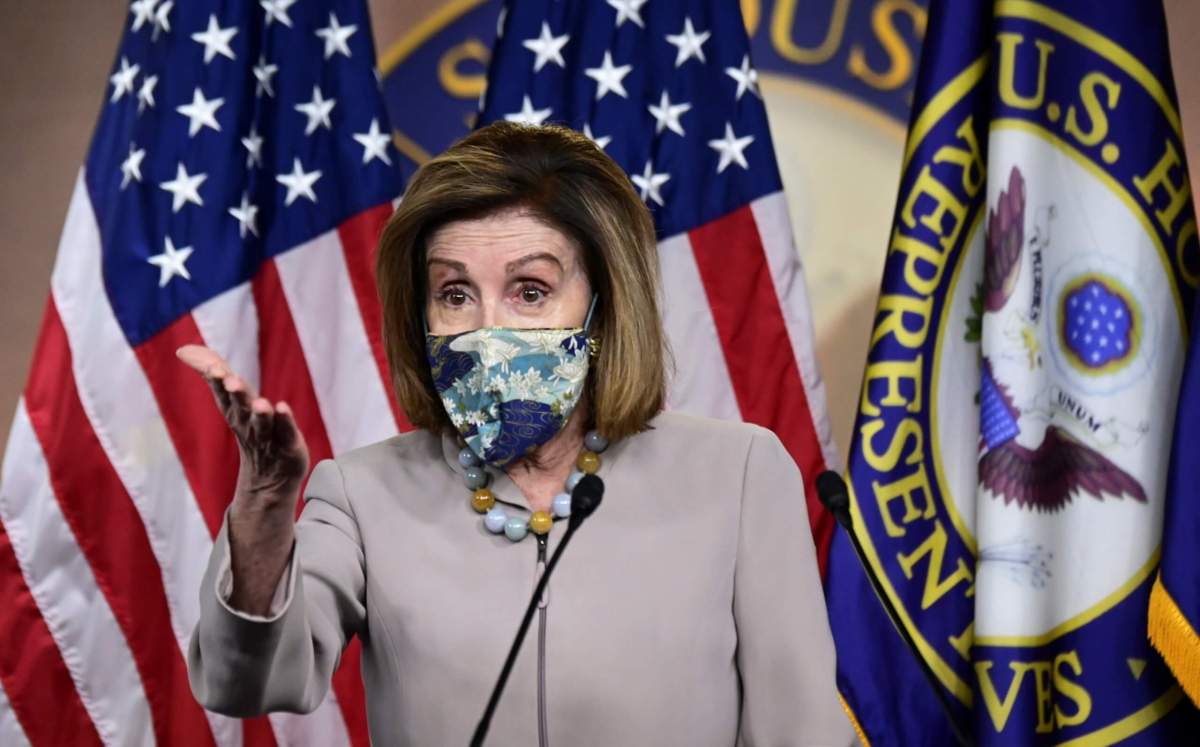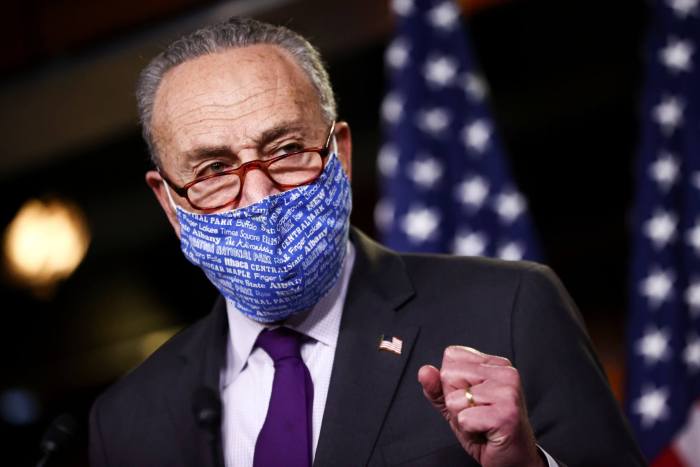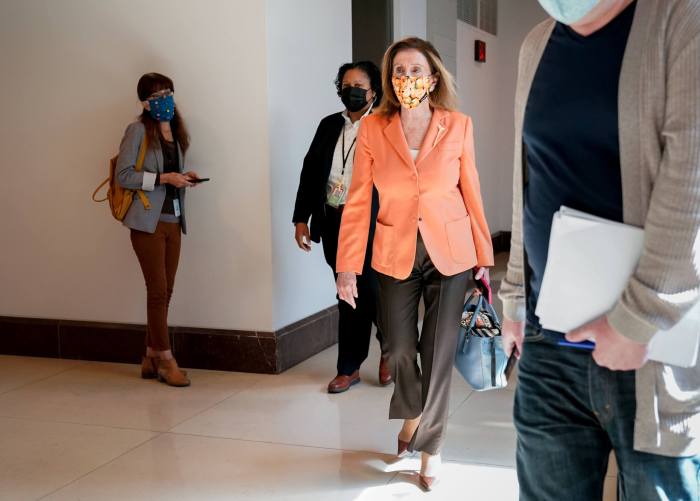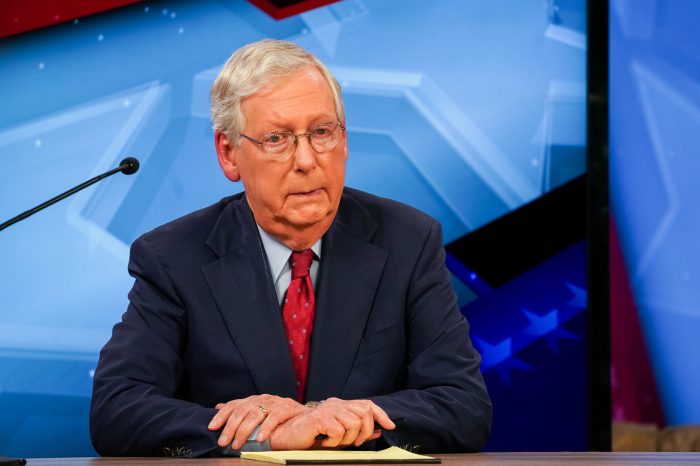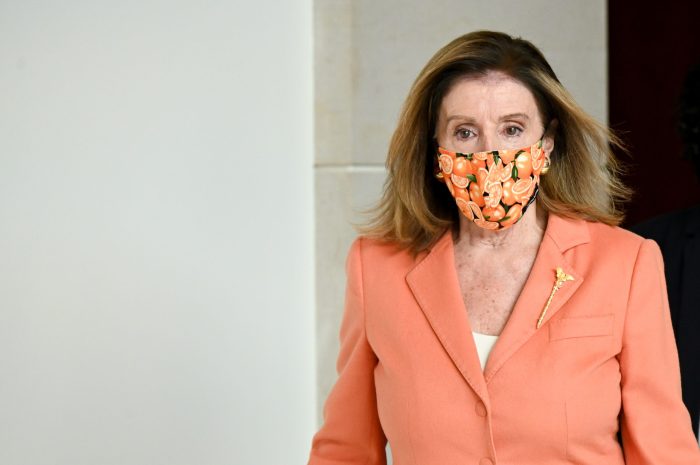By Richard Cowan, Reuters
U.S. congressional negotiators on Wednesday were “closing in on” a $900 billion COVID-19 aid bill that will include a new round of stimulus checks and extended unemployment benefits, lawmakers and congressional aides said.
One source familiar with the talks said the deal also focused on providing aid to state and local governments. But it was not clear what form such aid would take, since Republicans have resisted another round of direct payments to those entities.
“Other avenues” were being discussed to deliver such aid, the source said, without providing details. The aid bill is not expected to include new protections for companies and universities from lawsuits related to the pandemic, the source said.
Congressional leaders made substantial progress toward finalizing a new coronavirus aid plan during talks that stretched into the night on Tuesday. Facing a deadline to avert a government shutdown on Friday night, lawmakers also want to come up with some way to address the pandemic’s heavy human and economic toll.
Republican Senate Majority Leader Mitch McConnell said he felt optimistic.
“We made major headway toward hammering out a targeted pandemic relief package,” McConnell said as he opened the Senate. “We need vaccine distribution money, we need to re-up the Paycheck Protection Program to save jobs, we need to continue to provide for laid-off Americans.”
PPP is the federal loan and grant aid to small businesses suffering from the pandemic.
“It’s not a done deal yet, but we are very close,” Senate Democratic leader Chuck Schumer said.
With pressure building to deliver more help – and a U.S. death toll that has passed 304,000 – McConnell and House of Representatives Republican Leader Kevin McCarthy met twice on Tuesday with Democratic counterparts House Speaker Nancy Pelosi and Schumer.
“I think both sides are sufficiently motivated given the time of the year and everything that’s at stake and trying to get virus relief out there,” Senator John Thune, the Senate’s No. 2 Republican, told reporters.
Thune said the proposed direct payments to individuals would be around $600 to $700 per person.
Mark Ritacco, director of governmental affairs for the National Association of Counties, said some steps Congress could take include providing a one-year extension of unusual funds provided by the CARES Act, a COVID-19 relief bill enacted in March.
His organization also hopes Congress will expand the number of counties that can receive aid. Current funding is aimed at counties with populations of 500,000 and more, but he said those with populations of 300,000 and up also face significant costs, particularly as they must administer the new vaccines.
WEAKENING ECONOMY
The apparent breakthrough comes at a key moment for a U.S. economy clearly weakening after an initial rebound from recession triggered by the pandemic earlier this year. Consumer spending, buoyed through the summer and early fall by more than $3 trillion in federal assistance, has hit a wall in the fourth quarter as new lockdowns limit business activity and keep people home.
Commerce Department data on Wednesday showed retail sales fell unexpectedly sharply in November, with consumer outlays on goods and services showing softness across the board.
As lawmakers worked on the deal, officials at the U.S. Federal Reserve were also meeting to debate whether additional stimulus from the central bank was also warranted. The Fed has already cut interest rates to near zero and is buying $120 billion of bonds a month to ensure borrowing costs for consumers and businesses remain cheap and help encourage spending.
Fed policymakers were to unveil their decision on Wednesday afternoon. Chairman Jerome Powell – who has repeatedly said additional fiscal stimulus is needed to support the economy until the time a vaccine is in broad enough use to encourage consumers to come out of their shells – will discuss the Fed’s decision afterward at a news conference.



